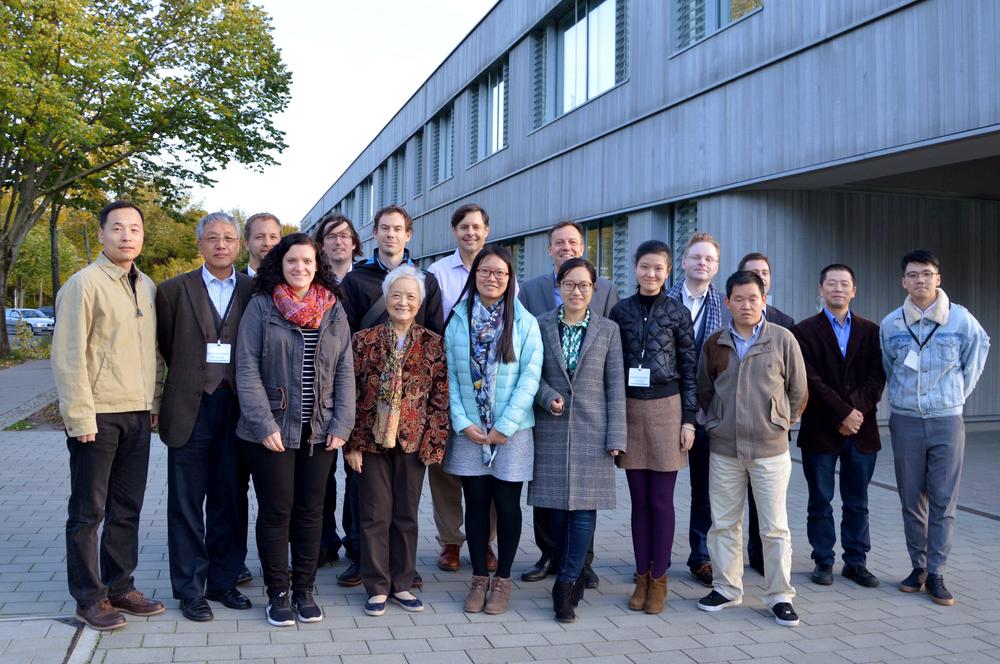B13 Workshop: “Rethinking 1950s China – New Approaches and New Materials”
On October 12 and 13, 2017, the B13 research project “Adaptation and Legitimation as Factors of Effective Governance in China, 1949-1957“ led by Prof. Dr. Klaus Mühlhahn in cooperation with East China Normal University (ECNU) Shanghai and the Graduate School of East Asian Studies (GEAS), conducted a workshop with the title “Rethinking 1950s China – New Approaches and New Materials” at the Free University Berlin.
News from Oct 23, 2017
A total of 18 China researchers from China, Europe, and the U.S. participated in the workshop, which covered two primary aspects: First, the severe restrictions on academic freedom in China that have resulted from Xi Jinping coming to power in 2013, including difficulties faced by international China researchers in collecting data and archival material in China; second, the question as to whether the abundance of new archival material – temporarily made available in particular by Hu Jintao, Xi Jinping’s predecessor – can lead to a new interpretation of the history of the 1950s.
“Grassroots materials” first and foremost contribute to a new perspective on 1950s China and forge a new path from meta-narrative to a stronger focus on a narrative of the middle-class. Workshop participants concluded that this ultimately enables a better understanding of the ever-persistent influence of Mao Zedong on contemporary China. The workshop thereby fundamentally opened up new debates, though participants were in agreement that more research on the question as to how Mao is different from others in power in China was necessary for a better understanding of Mao Zedong’s legacy. Arrival at a new interpretation of the history of 1950s China requires the development of new, interdisciplinary methods for analysis, as well as a stronger working relationship with the disciplines of mathematics and informatics.
Furthermore, considering restrictions to academic freedom and the ability to conduct research in China, ideas were developed in the course of the workshop to enable the exchange of research data across the borders of country and institution. Participants unanimously came to the conclusion that the institutionalization of data management and the construction of an open, accessible database platform were two needed actions. However, this development is predicated on the condition that important aspects in each country’s relevant laws of ownership and property be considered. Chinese participants pointed out that a large number of publications in China are illegal or fall in a legal gray zone. Moreover, material from private archives cannot simply be made readily available in digital form, due to certain regulations.
All in all, it can be concluded that the development of strong international networks is essential to responding to the current political situation, as concerns the accessibility of archival material and other data in a way that is sustainable. The workshop was thus a successful and necessary start for the further development of future collaboration and cooperation.

